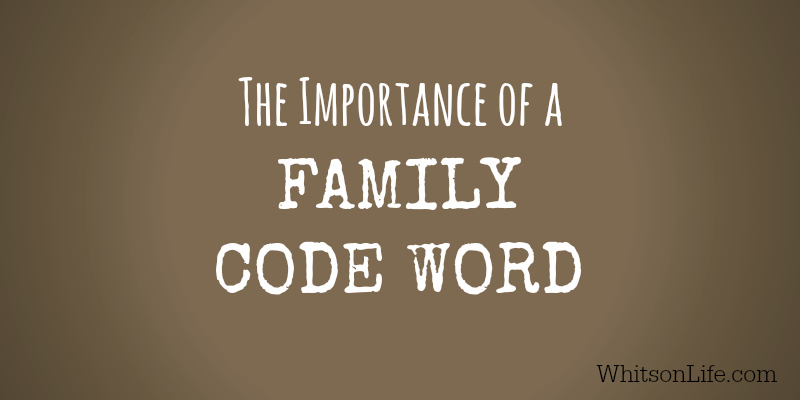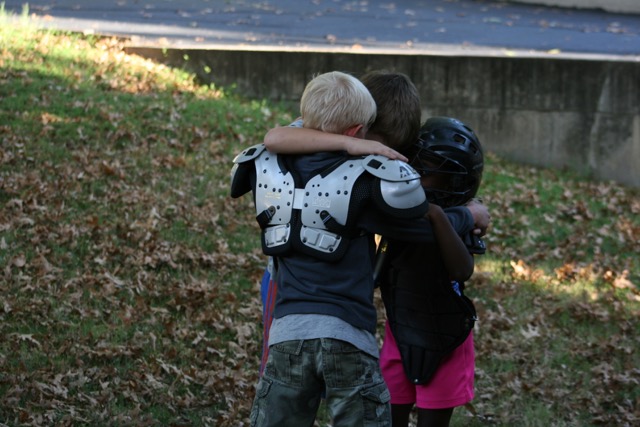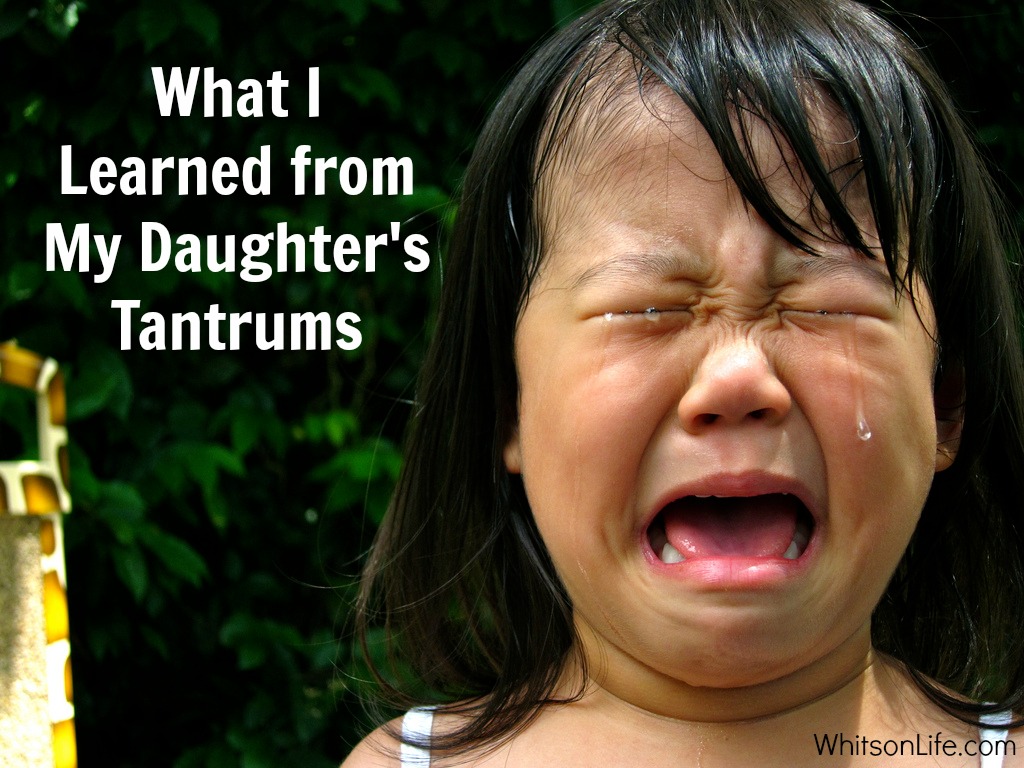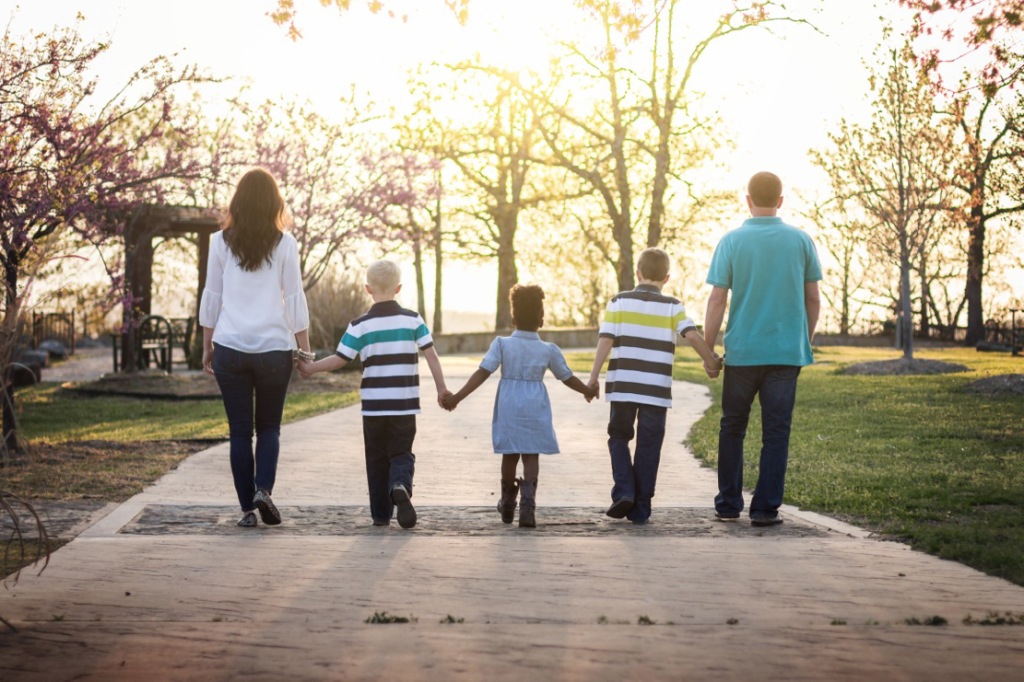
Last month, our family went on a small trip, which included a very emotional, adoption-related event for one of our kids. In processing the event with him beforehand, I could tell it would be difficult, although meaningful, for him. The possibility of him becoming flooded with emotion was huge.
I told him the day before that we could have a secret code word that would let me know he was feeling overwhelmed and needed a change of scenery. He loved the idea and chose the word himself (I’ll use “butterfinger” as the example for this post). We went over it again the following morning, and he seemed to feel a sense of relief to be able to say one word to me or Matt, without his siblings or anyone else knowing, and we would help him get out of the situation immediately. We even practiced it, so he would see how easy it would be to say, “I wish I had a Butterfinger,” and we responded accordingly.
He didn’t use his code word that day. And I think knowing he could was part of the reason he didn’t need to.
He felt safe.
Since then we’ve had similar talks with our older child as well but for different reasons. At someone else’s house and feel uncomfortable for any reason? Call us and use the code word. We’ll come get you and talk about it later. Embarrassed to call us to get you out of an unhealthy situation because your buddies are there? Use the code word. We’ll figure it out.
We want our kids to feel safe- emotionally, physically, and spiritually. For us, part of that means the ability to communicate with us in a way that is private and reassuring to them.
There are many uses for a family code word:
1. To communicate emotional flooding in a public setting and privately express the need to get a breather. This is especially helpful with kids who struggle with anxiety- generalized or specific to certain triggers- or with kids who are in the midst of a very emotional time (e.g. at a funeral).
2. To let a parent know you need to get out of an unsafe situation. For us, this includes a general feeling of discomfort, even if they can’t explain why. We want them to learn to trust their “gut” and to know we trust them to make good decisions.
3. To let a parent know when you need help, even if you’ve created the problem yourself. As our kids get into adolescence, their freedom will increase. And so will the temptations around them. They will mess up. But if we can help them feel safe in coming to us, even in their sin (especially in their sin), we have a much better chance of decreasing their shame and helping them run to Jesus in the midst of it.
I bet there are many more ways we’ll use our code word(s) as our kids get older. Has your family ever used secret words? What worked for you?
____________________________
Matt and Becca write about marriage, parenting, and life through the lens of a married couple, parenting team, and pastor and professional counselor. They share hope and restoration by giving a glimpse into their lives- the failures, the successes, and the brokenness and beauty of everyday. You can read more of their writing at WhitsonLife.






